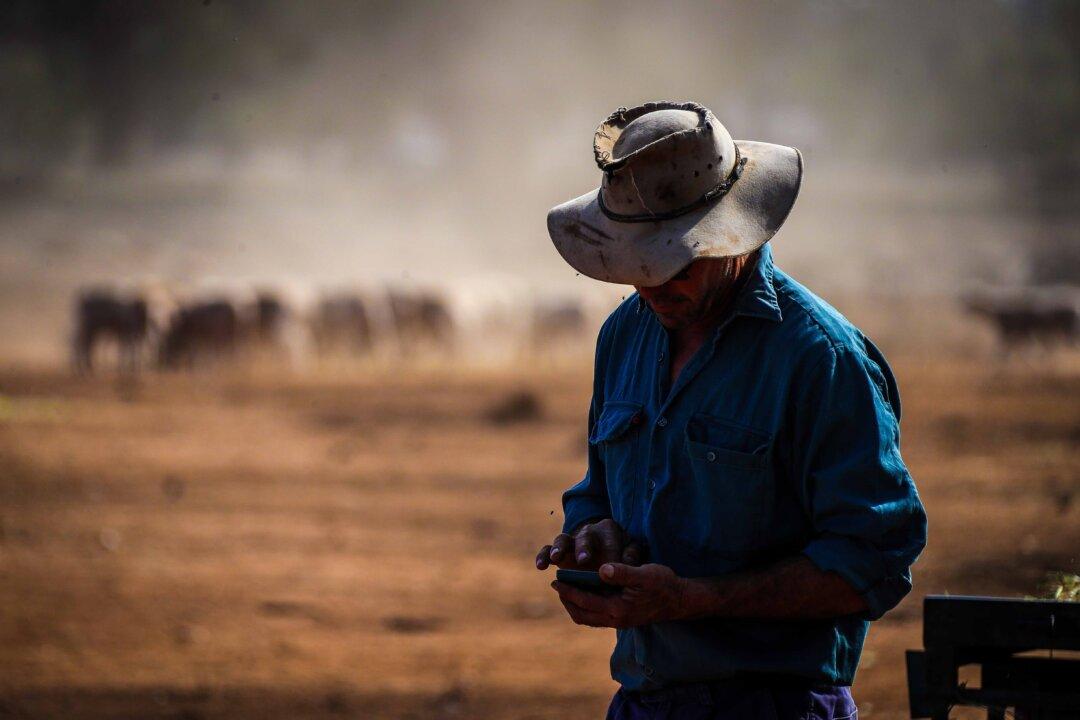Australian farmers are being urged to check in on their own health using an online tool, with research showing they are more prone to heart disease, diabetes, obesity and unsafe alcohol consumption.
Researchers from the National Centre for Farmer Health developed the tool called Farmer HAT when pandemic lockdowns put an end to the organisation’s face-to-face check-ins at field days.





